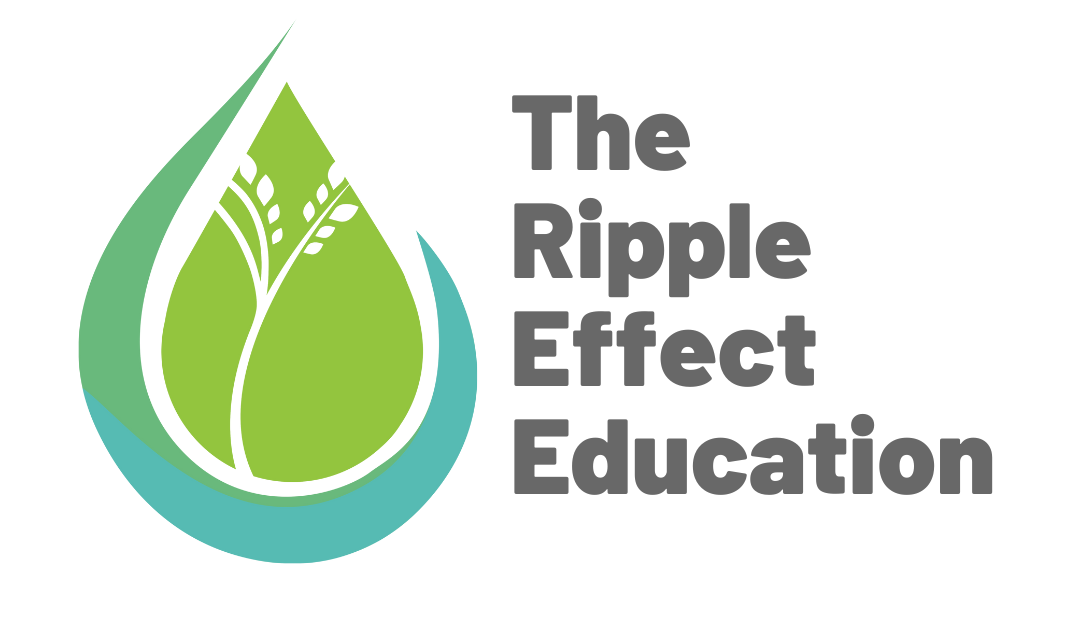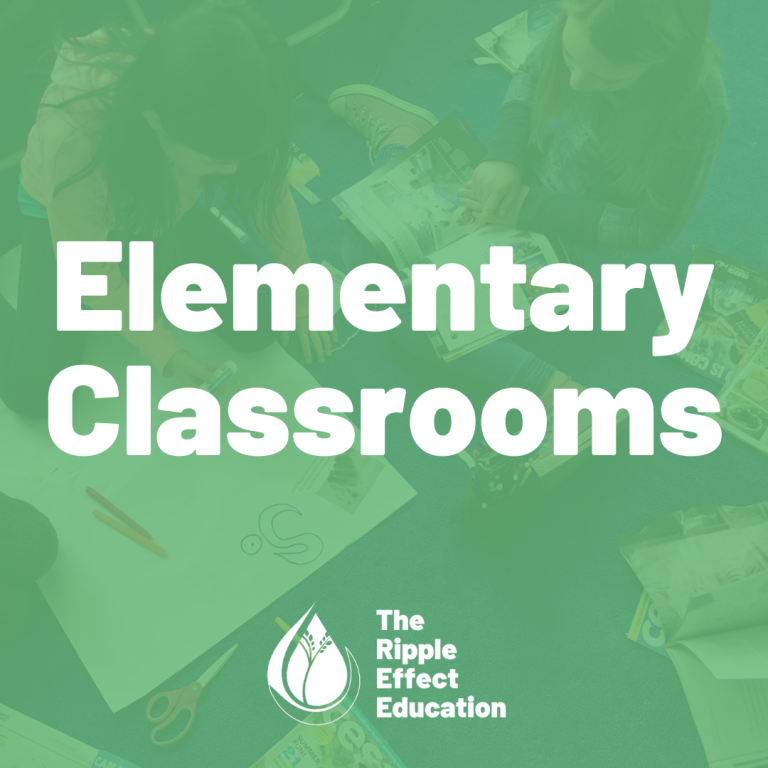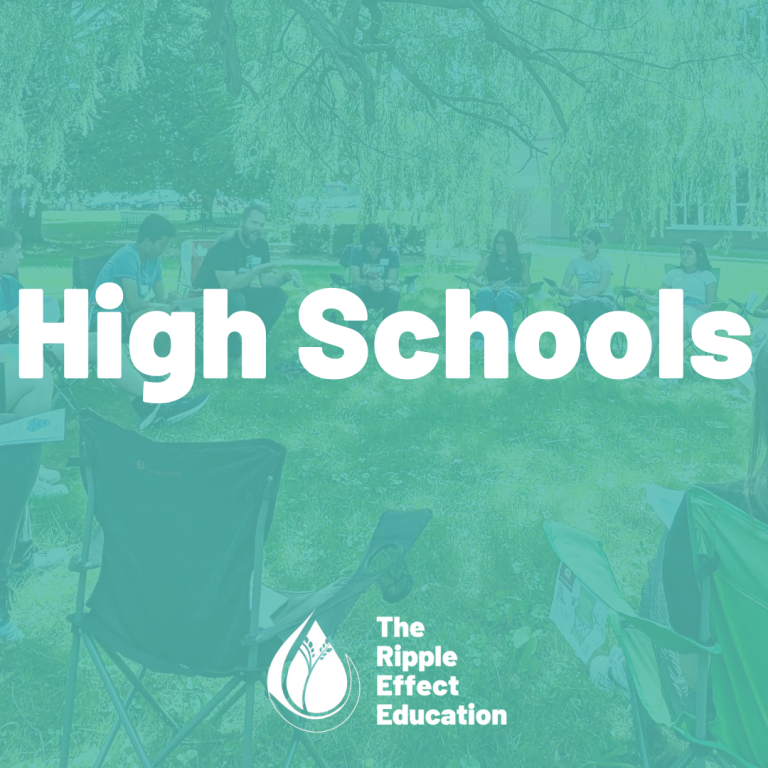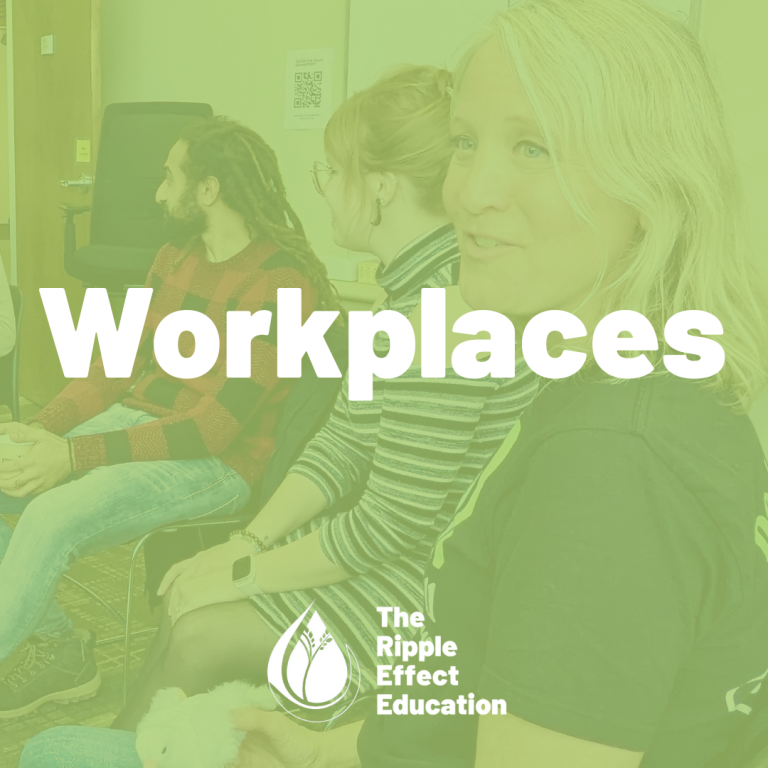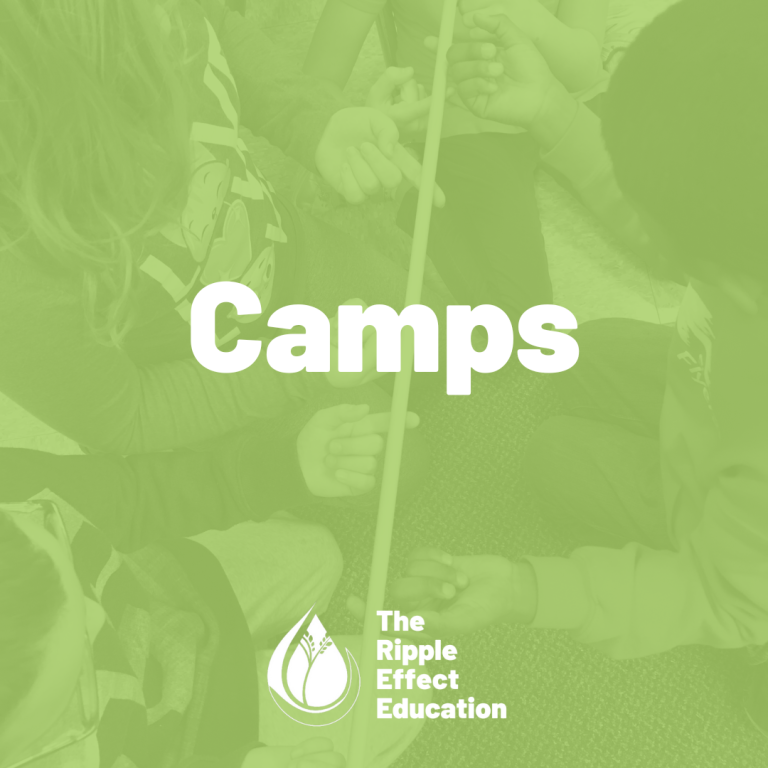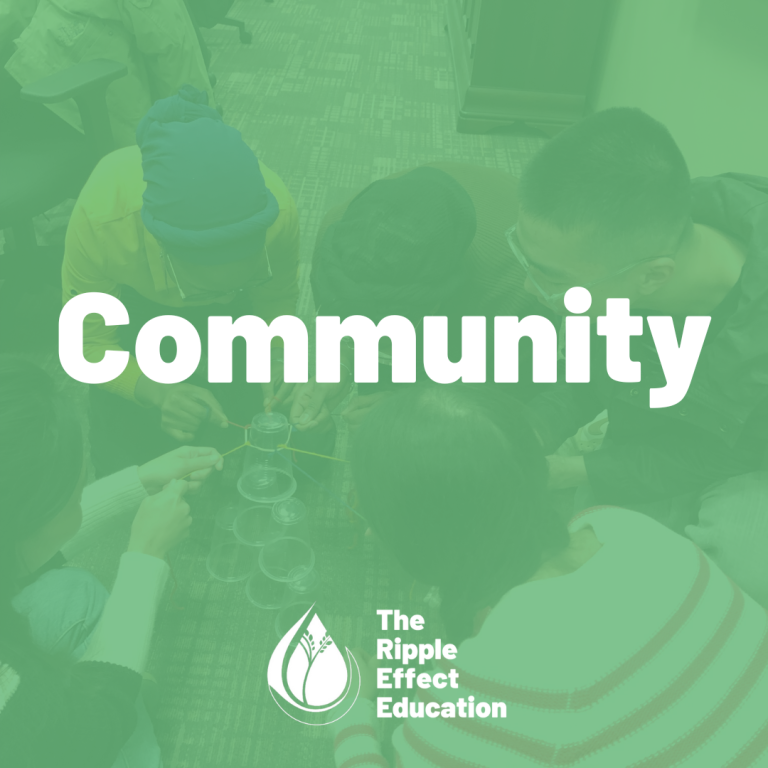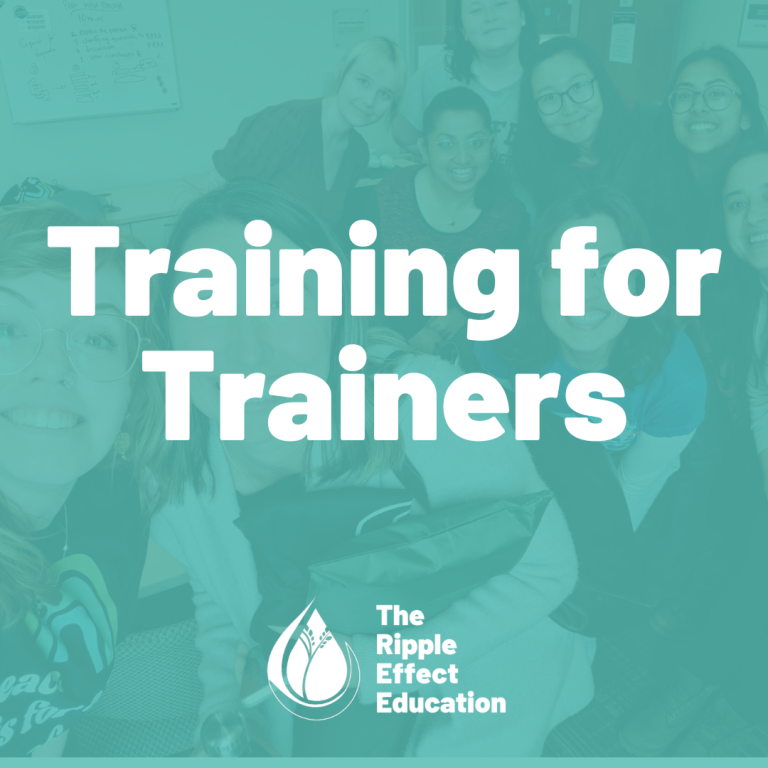Failure can bring up a mix of disappointing emotions. If we didn’t get first place or when we aren’t “the best,” we might struggle to come to terms with our shortcomings. It can be an especially hard life lesson to learn because often our fear of failure keeps us from trying in the first place.
How does our fear of failure come into play during conflict? It might keep us from beginning a tough conversation, from trying a new strategy, or from keeping a curious posture.
Renowned scholar in Comparative Literature and Gender Studies, Jack Halberstam has suggested that “failing, losing, forgetting and not knowing offers more creative, more cooperative and more surprising ways of being in the world” (2011, p. 2).
Although difficult to deal with, conflict and failure can actually be a great thing. We can see failing to get along with and being in conflict with others as an opportunity for learning, for building understanding. When we ask ourselves the question “what can we learn from this experience to do better next time?” then our disagreements with others aren’t failures – they are helping us grow.
Guiding youth to see that failure and conflict is not inherently bad can be the key to raising individuals who strive to build understanding with one another.
Collaboration, cooperation, creative thinking and problem solving all start with perspective. Reframing conflict requires stepping back and asking how this can be constructive and beneficial.
It all sounds great, right? But how do we put it into practice?
We can practice reframing conflict both while in the midst of it and once we have found a resolution.
During conflict reframing is done to change the presentation of ideas in an effort to find solutions that meet the needs of both parties. A classic example of this is the story of two people who both want to have the last orange. This video explains the story and concept that optimal solutions in resolving conflict can come from changing our perspective.
By reframing the conflict from win-lose to win-win, the objective shifts from wanting to “win” or “be right” to creatively finding solutions that meet everyone’s interests and leave both sides 100% satisfied with the resolution.
After conflict reframing can be done by reflecting on how we can do better in the future by seeing conflict as a learning experience vs. a big bad thing we must avoid at all costs. When we disagree with others, it gives us the chance to build a deeper understanding with them about their values and what they believe, which is something we should celebrate and not hide from.
Being able to reframe conflict so that it is no longer viewed as a failure or a problem, but a valuable experience, gives us the ability to grow as individuals and communities. The next time you find yourself in conflict, take a step back and think about how this is an opportunity to find more cooperative and more surprising ways of being in the world.
Photo by SHVETS production from Pexels
References
Halberstam, J. (2011). The Queer Art of Failure. Durham: Duke University Press.

Kaitlyn Skelly holds a BA from the University of Waterloo, where she studied Speech Communication, History, and Peace and Conflict Studies. Her undergrad thesis focused on positive and negative interpersonal communication modelled on the popular TV show, Friends. Her interest in mental health and peace education led her to become a Peace Camp director, and a communication intern at To Write Love on Her Arms in Melbourne, Florida. She believes that sharing the stories of our lived experience is how we make meaning of the world around us and learn how to better understand one another. One of her favourite methods of storytelling is through writing. Find more of her work on her blog, A Heart of Glass.
